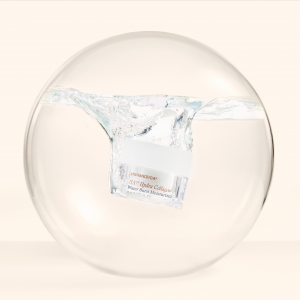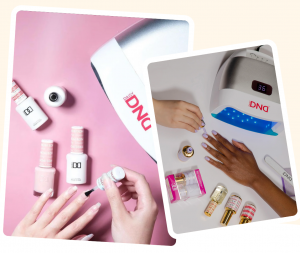
Serums have become a staple in many skincare routines, promising to address various skin concerns and deliver potent ingredients directly to the skin. But with so many options on the market, it can be challenging to separate fact from fiction. Are serums really as effective as they claim to be, and which ones are worth the hype? Let’s dive into the truth about serums.
Introduction
Serums are lightweight, fast-absorbing liquids that contain a high concentration of active ingredients. They are designed to penetrate deeply into the skin and target specific skin concerns such as hydration, anti-aging, brightening, and acne. Unlike moisturizers, which primarily hydrate the skin’s surface, serums deliver powerful ingredients directly to the skin’s deeper layers.
Types of Serums
There are various types of serums, each formulated to address specific skin concerns. Hydrating serums, as the name suggests, are designed to boost the skin’s hydration levels. Anti-aging serums often contain ingredients like retinol and peptides to reduce the appearance of fine lines and wrinkles. Brightening serums usually contain vitamin C to even out skin tone and reduce hyperpigmentation. Acne-fighting serums typically contain salicylic acid or benzoyl peroxide to unclog pores and reduce acne breakouts.
Key Ingredients to Look For
When choosing a serum, it’s essential to look for key ingredients that are backed by scientific research. Vitamin C is a potent antioxidant that can brighten the skin and protect it from environmental damage. Retinol, a form of vitamin A, is known for its anti-aging properties, helping to reduce the appearance of wrinkles and improve skin texture. Hyaluronic acid is a humectant that can hold up to 1000 times its weight in water, making it an excellent hydrating ingredient. Niacinamide and peptides are also popular ingredients known for their skin-rejuvenating properties.

How to Choose the Right Serum
When selecting a serum, consider your skin type and specific skin concerns. For example, if you have dry skin, you may benefit from a hydrating serum. If you’re concerned about aging, look for serums containing retinol or peptides. It’s also essential to consider the compatibility of ingredients. Some ingredients may interact negatively with others, so it’s essential to do your research or consult a dermatologist.
Dispelling Myths About Serums
There are several myths surrounding serums that need to be dispelled. One common myth is that serums are only for mature skin. In reality, serums can benefit people of all ages, depending on their skin concerns. Another myth is that serums can replace moisturizers. While serums can provide intense hydration, they are not designed to replace moisturizers entirely. Finally, there’s a misconception that expensive serums are always better. While some luxury serums may contain high-quality ingredients, there are also many affordable options that can deliver excellent results.
Are Serums Really Effective?
The effectiveness of serums depends on various factors, including the quality of the ingredients, the formulation of the serum, and how well it suits your skin. There is scientific evidence to support the effectiveness of many serum ingredients, such as retinol and vitamin C. Additionally, many users report visible improvements in their skin after using serums regularly. However, individual results may vary, so it’s essential to choose a serum that is suitable for your skin type and concerns.
The Cost of Serums
Serums can vary widely in price, from affordable options available at drugstores to luxury brands sold at high-end retailers. While some luxury serums may contain rare or exotic ingredients, there are many affordable serums that can deliver similar results. When considering the cost of a serum, it’s essential to weigh the value it offers against its price and determine whether it aligns with your skincare goals and budget.
Application Tips
To get the most out of your serum, it’s essential to apply it correctly. Serums are typically applied after cleansing and toning but before moisturizing. Only a small amount of serum is needed, as they are highly concentrated. Gently massage the serum into your skin using upward strokes, and allow it to absorb fully before applying moisturizer or sunscreen. It’s also essential to avoid using too many active ingredients at once, as this can irritate the skin.
Conclusion
In conclusion, serums can be a valuable addition to your skincare routine, providing targeted treatments for specific skin concerns. When choosing a serum, look for key ingredients backed by scientific research, consider your skin type and concerns, and be mindful of how the serum fits into your overall skincare routine. With the right serum, you can achieve healthy, radiant skin.





